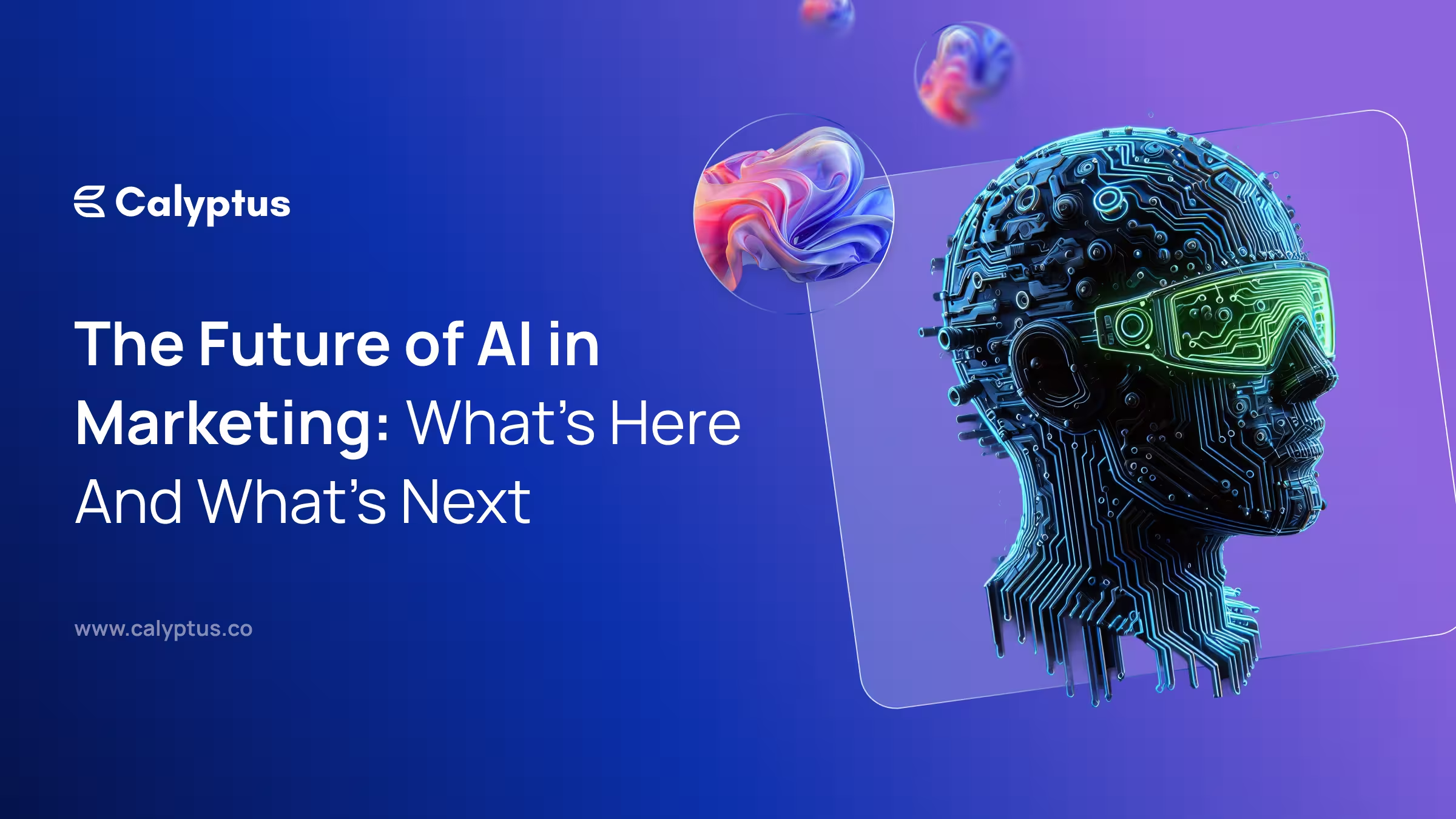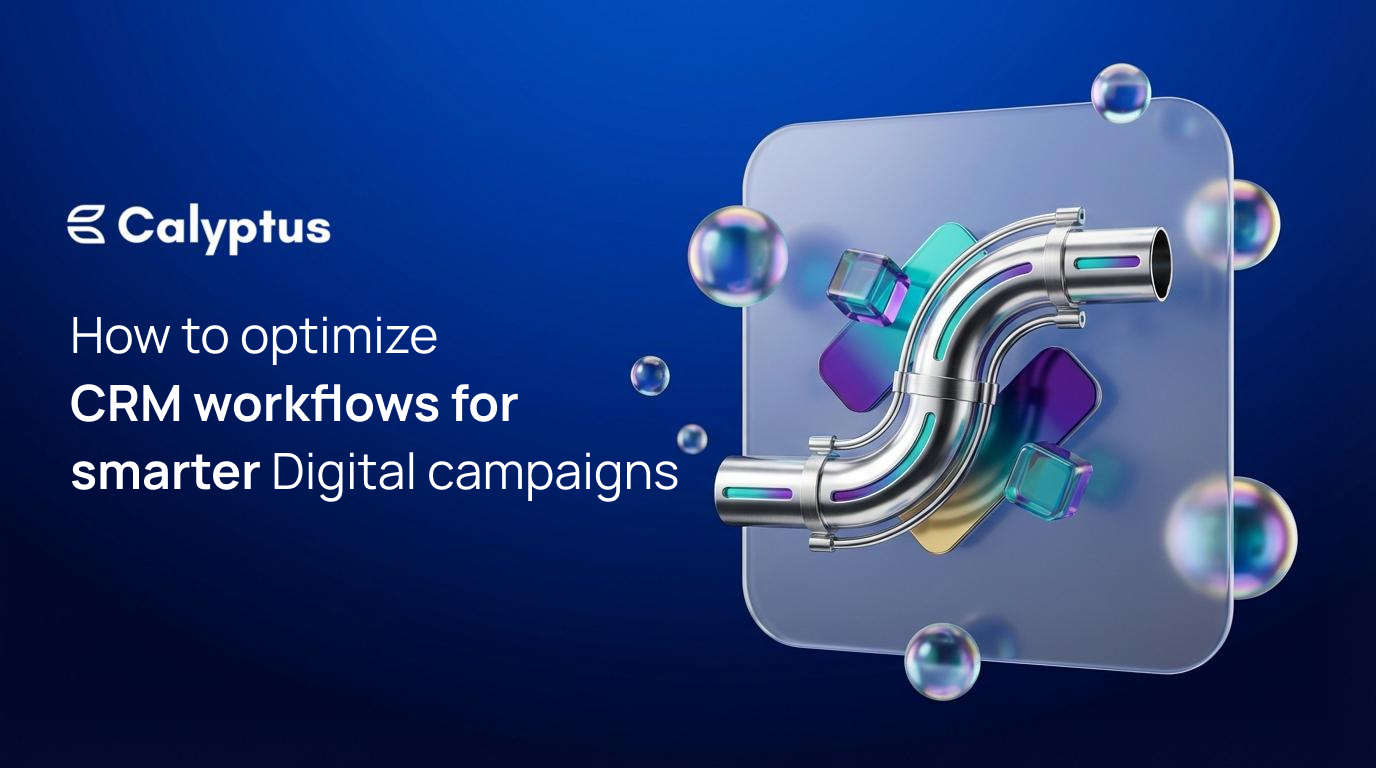Imagine receiving marketing that resonates so deeply it feels like the brand understands you better than you understand yourself. This is the kind of future AI is building within marketing. As artificial intelligence continues to advance, it increasingly shapes marketing strategies, enabling businesses to connect with consumers in more targeted and impactful ways.
In this article, we’ll examine how AI currently transforms marketing, explore where it's headed next, and discuss the critical challenges marketers will face along this journey.
How AI is Transforming Marketing Today: Three Key Examples
Personalized Recommendations
Brands like Amazon already leverage AI to personalize customer experiences. Amazon analyzes browsing habits and past purchases to suggest products tailored specifically to individual users. These AI-driven recommendations significantly influence buying behavior—McKinsey (2020) notes that 35% of Amazon’s revenue is generated through its personalized recommendation engine. Such targeted suggestions streamline the shopping experience, making it intuitive and seamless.
Chatbots Enhancing Customer Engagement
Companies are increasingly deploying AI-driven chatbots to improve customer engagement and support. Sephora, for example, uses an AI-powered chatbot that helps customers book appointments and find suitable products efficiently. According to Juniper Research (2019), chatbots are expected to help businesses save up to $8 billion annually. Chatbots go beyond simply answering questions; they foster deeper relationships with customers, enhancing brand loyalty.
Predictive Analytics
Coca-Cola utilizes predictive analytics powered by AI to interpret data collected from vending machines. By analyzing buying patterns and preferences, Coca-Cola can predict consumer trends, manage inventory more effectively, and respond proactively to market shifts (Forbes, 2021). Predictive analytics turns raw data into strategic foresight, giving marketers a competitive advantage by allowing them to anticipate market demands rather than merely reacting to them.
AI’s Next Frontier in Marketing
Looking ahead, AI’s potential within marketing will become even more sophisticated and impactful.
Hyper-Accurate Recommendations
AI could soon predict consumer needs before they consciously emerge, proactively offering products or services with remarkable precision. By synthesizing vast datasets, AI may become adept at anticipating trends and consumer preferences with unprecedented accuracy.
Conversational AI: Human-Like Chatbots
Future chatbots might become virtually indistinguishable from human assistants. AI will likely evolve to manage increasingly complex interactions, providing personalized support across various customer service scenarios. This could redefine customer expectations, blending efficiency with authentic-feeling interactions.
Advanced Predictive Analytics
AI’s predictive capabilities will expand dramatically, pulling insights from diverse and nuanced sources such as social media conversations, weather patterns, and global events. This could provide marketers with real-time, actionable intelligence that informs marketing strategies at a new level of granularity.
Additionally, AI might soon fully manage aspects of campaign creation, including ad copy, graphics, and video production. Real-time emotion analysis could enable marketers to dynamically adjust messaging, ensuring relevance and resonance at the precise moment.
Navigating the Challenges and Ethical Considerations
AI’s profound marketing capabilities also introduce important challenges that marketers must address responsibly.
Data Privacy and Transparency
AI relies heavily on vast amounts of consumer data, raising concerns about privacy. Customers increasingly demand transparency and control over how their data is collected and utilized. Compliance with regulations like GDPR and proactively communicating data-use practices will be essential to maintaining consumer trust.
Mitigating Bias in AI
AI’s outputs reflect the biases of the data it trains on. If data contains biases, AI recommendations and interactions might perpetuate stereotypes or unintentionally alienate segments of customers. Marketers must actively identify, assess, and reduce bias to ensure ethical AI use.
AI’s Impact on Marketing Roles
AI won’t eliminate marketers, but it will undoubtedly redefine their roles. Professionals in marketing must become adept at integrating AI tools into their strategies. Future marketers will emphasize strategic oversight, creativity, ethical decision-making, and maintaining human connections.
Marketers should prepare by staying informed on AI developments, embracing ongoing training, and emphasizing ethics within AI-driven marketing practices.
Conclusion
AI is already reshaping marketing through personalized recommendations, enhanced customer engagement, and predictive analytics. Its continued evolution promises to deliver even greater innovation. Yet, marketers must remain vigilant and proactive, addressing AI’s ethical and practical challenges thoughtfully.
By balancing technological innovation with ethical responsibility and human insight, marketers can ensure that AI serves as a powerful tool that enriches customer relationships and fosters meaningful brand connections.
Stay informed, remain adaptive, and harness AI to enhance the human touch that makes marketing truly effective.




